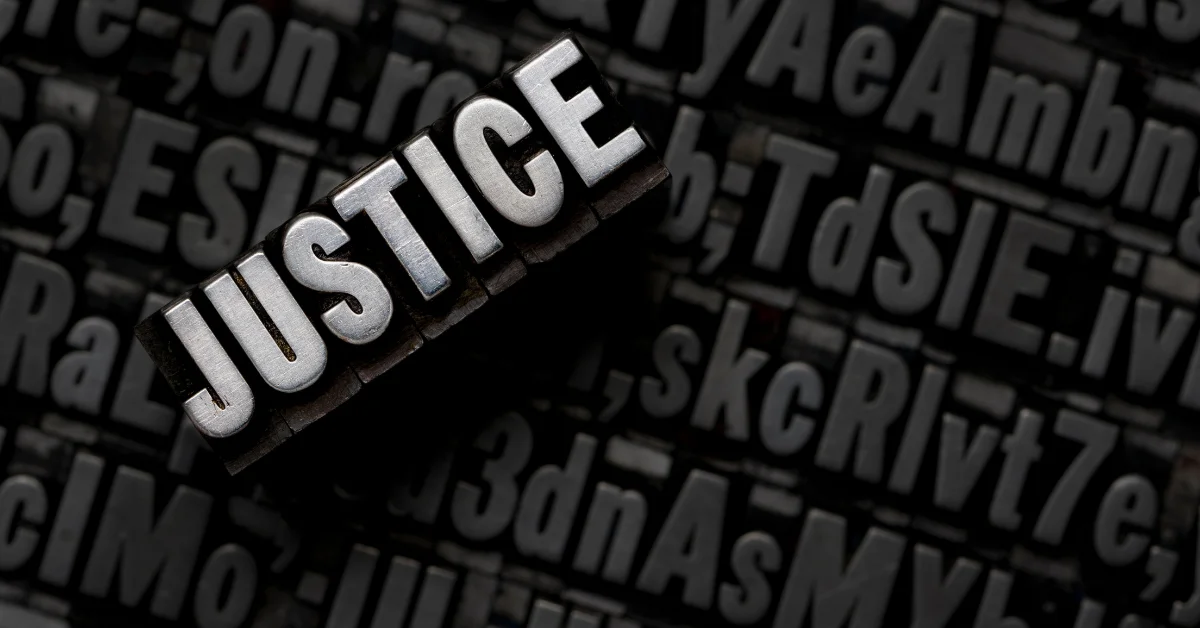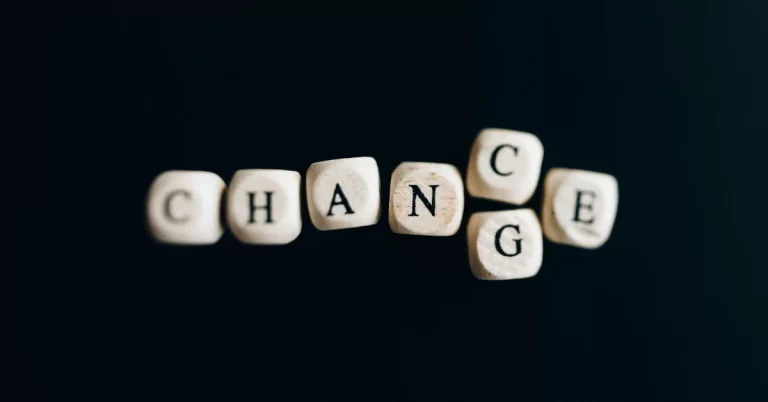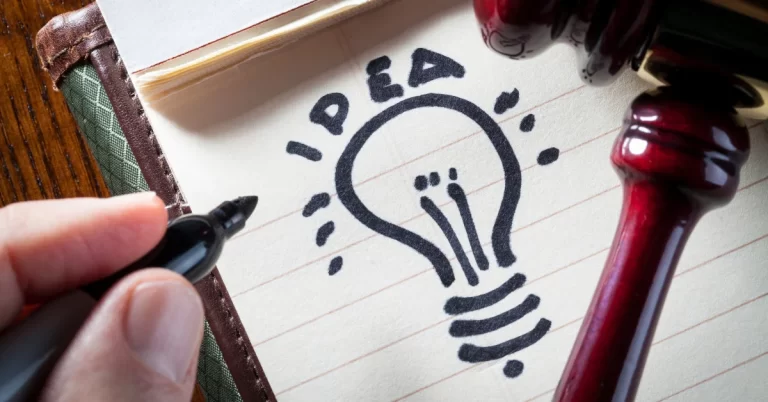Why Protecting Invention is an Act of Justice
When most people hear “patent law,” their eyes glaze over slightly. They conjure images of tech giants locked in billion-dollar courtroom battles, or perhaps vaguely recall headlines about smartphone features they scrolled past while looking for something more interesting.
I get it. From the outside, this field can seem technical, arcane, maybe even a little dry.
But the longer I work in this space, the more convinced I am of something both simple and profound:
Protecting invention isn’t just about intellectual property—it’s about fundamental fairness.
And at its core, fairness is justice.
Let me explain why this matters more than you might think.
The Patent System Is More Than Bureaucracy
Strip away the legal terminology and complex procedures, and a patent represents a remarkably straightforward social contract: You created something original. You chose to share that creation with the world instead of keeping it secret. In exchange, society grants you limited protection for your intellectual contribution.
That’s the deal. It’s elegant in its simplicity.
But here’s where things get complicated: this promise only functions properly when it’s genuinely accessible to everyone. When inventors from all backgrounds know their ideas can be protected. When they understand how to navigate the system. When they have someone who can guide them through the labyrinth of legal requirements, technical specifications, and financial considerations.
Without that accessibility, the promise becomes hollow.
It transforms from a democratic system that incentivizes innovation into something that primarily serves those who are already well-resourced, well-connected, and well-represented. And that’s not an innovation ecosystem—that’s just another form of gatekeeping wrapped in legal language.
I’ve Witnessed the Gaps Firsthand
Over the years, I’ve sat across from brilliant people who systematically undervalued their own innovations:
Engineers who dismissed their elegant solutions as “just workarounds,” assuming they weren’t significant enough to warrant protection—even when they’d solved problems that had stumped others for years.
Founders of early-stage startups who believed patents were luxury items reserved for companies with nine-figure funding rounds, not for small teams building something remarkable with limited resources.
Clinicians and researchers who had spent decades developing practical improvements to patient care but had never considered that their methodical problem-solving constituted protectable intellectual property.
And in almost every case, the barrier wasn’t capability or creativity—it was that no one had ever told them they had a rightful place in this system. No one had helped them see that their contributions deserved the same protection as those coming from more traditional or prestigious sources.
Access Isn’t Just Corporate Jargon
We often hear that innovation is democratizing—that good ideas can come from anywhere. And that’s absolutely true. But if innovation is happening everywhere (it is), then the means to protect that innovation should be equally distributed.
Protection, however, requires more than just having a good idea. It requires understanding a complex system. It requires guidance through technical and legal processes that most people don’t have the bandwidth to navigate alone. It requires resources that aren’t equally available to everyone.
That’s where professionals like me enter the picture.
Our job isn’t simply to file documents or draft claims. It’s to listen deeply to what someone has created. To explain complex processes in accessible language. To show someone that their intellectual contribution matters enough to defend—especially when they’ve been conditioned to believe otherwise.
Because when you help protect someone’s invention, you’re doing more than processing paperwork. You’re validating their rightful place in the innovation ecosystem. You’re saying: Your voice matters here. Your ideas deserve recognition. Your contribution is worth defending.
The Hidden Costs of an Unbalanced System
When we fail to protect innovations from underrepresented communities, underfunded startups, or overlooked fields, the consequences extend far beyond missing legal filings.
We lose momentum in areas that might address problems the mainstream hasn’t prioritized. We lose potential solutions shaped by diverse experiences and perspectives. Perhaps most damaging, we lose future innovations when talented people stop inventing because the system didn’t value their previous contributions enough to protect them.
And let’s be clear—these inventors aren’t creating vanity projects or incremental improvements. They’re often developing solutions to problems they’ve experienced firsthand. Problems that larger, more homogeneous organizations might have overlooked entirely. Problems whose solutions could benefit countless others facing similar challenges.
The patent system has a critical role to play in ensuring these vital ideas not only emerge but survive and thrive.
Why I Consider This Justice Work
Justice doesn’t always wear formal robes or make dramatic courtroom speeches. Sometimes, it manifests in quieter, more practical ways.
Sometimes, justice looks like staying late to finalize a patent application for a first-time inventor who never thought they’d see their name on such a document.
Sometimes, it looks like sitting across from someone who begins a conversation by saying, “I don’t think what I built is anything special,” and helping them recognize that yes, actually, it is.
Sometimes, it looks like methodically dismantling the narrative about who gets to be an inventor and whose ideas deserve protection.
That’s why I approach this work not just as a technical exercise but as something deeply meaningful. That’s why I care about the details, the precision, the clarity of each application I help prepare.
Because invention—true invention, born from necessity, experience, and insight—deserves protection. And that protection should be available to everyone who creates, not just those who already have the resources to navigate complex systems.
In a world that increasingly runs on ideas, ensuring that all innovators can protect their intellectual contributions isn’t just good practice.
It’s an essential form of justice.






